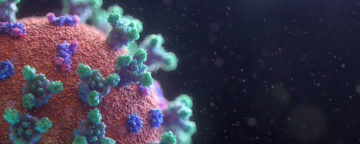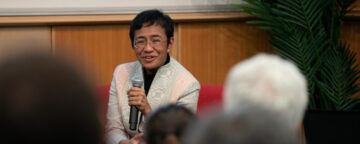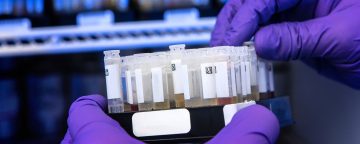For more than two decades, APPC has tracked how news stories erroneously linking the holiday season with suicide, despite national data showing that the suicide rate is largely seasonal & lower in winter.


For more than two decades, APPC has tracked how news stories erroneously linking the holiday season with suicide, despite national data showing that the suicide rate is largely seasonal & lower in winter.

On average, corrections of misinformation in science did not succeed, but a new meta-analysis identifies political and psychological factors that make corrections more successful.

Retro Report, an independent, nonprofit news organization, has won the 2023 Leonore Annenberg Institute for Civics Award from the Annenberg Public Policy Center of the University of Pennsylvania

A group of experts including APPC Director Kathleen Hall Jamieson offers a dozen recommendations on how to improve the accuracy and trustworthiness of survey research.

The Annenberg Public Policy Center has received support from the Robert Wood Johnson Foundation to expand a new model for blunting the impact of deceptive claims about health.

FactCheck.org has released its list of the Whoppers of '22, its annual review of the year's worst political and viral deceptions. Political appeals to fear were as popular as ever -- and Covid-19 misinformation continued to be a huge problem online.

The false claim that the suicide rate rises during the year-end holiday season persisted in some news coverage through the 2021-22 holidays, according to data analyzed by APPC.

Delivering the Annenberg Lecture, Nobel Peace Prize winner Maria Ressa discussed being the target of online attacks and what it will take to ensure that truth prevails.

After Dr. Mehmet Oz endorsed the MMR vaccine on “The Dr. Oz Show,” significantly more people in a segment of his audience regarded the MMR and flu vaccine as low-risk.

Americans’ confidence in the CDC and in Dr. Anthony Fauci declined in January with drops both among groups of Democrats/Democratic-leaning independents and Republicans/Republican-leaning independents, according to January survey data.